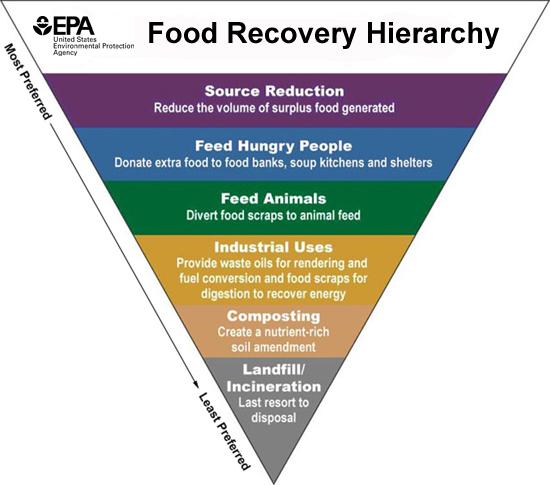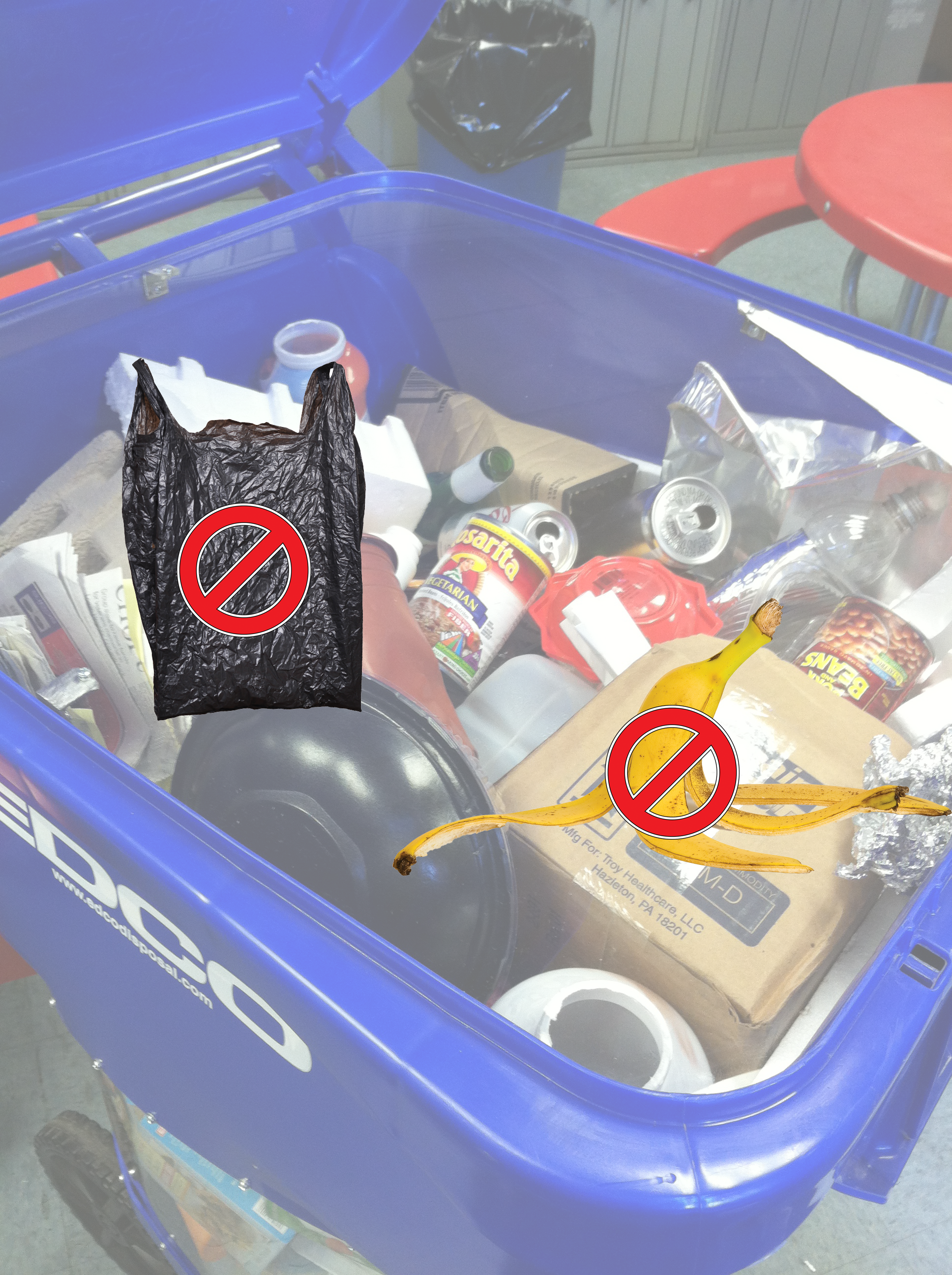Residential Services
Recycling is Easy with EDCO!
EDCO offers recycling programs that allow your tenants to collect a variety of recyclable materials. To ensure program success, your Service Representative can provide bilingual educational materials to support your program.
Here’s What You Can Recycle
| Please DO NOT recycle: | |
|---|---|
|
|
AB 1826 – California’s New Commercial and Multi-Family Organics (Green Waste) Recycling Mandate
In October of 2014 California adopted Assembly Bill 1826, requiring all businesses to recycle their organic waste beginning April 1, 2016. The phase-in of this mandate helps California to achieve its overall waste diversion (75% by 2020) and greenhouse gas emission reduction goals.
Requirements for Multifamily Properties: Multifamily properties of 5 units or more are required to arrange for organic waste recycling services.
Multifamily Organic Waste Includes:
• Green Waste, including but not limited to: grass clippings, brush, weeds, hedge trimmings, leaves, palm fronds, ice plant, ivy and nonhazardous wood, like branches, untreated wood and clean wood waste.
Implementation Dates:
April 1, 2016, Businesses generating 8 cubic yards per week of organics and multi-family properties of 5 units or more shall arrange for organics recycling service.
January 1, 2017, Businesses generating 4 cubic yards per week of organics shall arrange for organics recycling service.
January 1, 2019, Businesses properties generating 4 cubic yards of commercial solid waste (trash) shall arrange for organics recycling service.
EDCO can conduct free on-site visits to help businesses and multifamily properties comply with the state’s new mandatory recycling requirements. Contact our Customer Service office by phone or submit a fast and easy online request to arrange for organic waste recycling services.
Food Waste Prevention
CLICK HERE for tips on food waste diversion.
In the United States alone, a shockingly 40% of food is uneaten, wasted and thrown out. This results in an unfortunate misuse of resources needed to grow, process and transport food while wasting money and accelerating climate changes. We as consumers are the largest producers of food waste, believe it or not, exceeding the grocery stores and restaurants combined! So, the smallest changes we make add up and make a huge difference. Preventing food waste in the first place typically offers the most significant financial and environmental benefits. Below are some food waste prevention tips from Save The Food:
- Shop wisely: Plan your meals for the week in advance. Shop with a list. Stick to the list and avoid impulse buys.

- Proper portions: Don’t buy or serve more than you need.
- Love your leftovers: While you’re planning your meals, prepare for nights when you’re likely to go out to eat and when you might have leftovers from earlier meals. Get creative to give leftovers another life. They are the start of a casserole or soup the day after.
- Freeze it: Frozen food will keep longer. Almost anything can be frozen! But portion out, label and date your food so that it’s easy to serve later.
- Shop your kitchen before the store: Check the fridge, freezer, and pantry for items that need to get used up before you splurge on new things.
- Don’t fall for date labels: Food doesn’t immediately spoil as soon as the date on the package has passed. Sell-by, use-by, and best-by dates are generally manufacturers’ suggestions for when an item is likely to be at its peak quality.
- Spread the word: Engage friends, family, community, and businesses in food-saving practices. Share your favorite tips with your friends and family. Encourage your local restaurants and grocery stores to avoid excessive portions and package sizes, and tell them it is ok if they run out of an item at the end of the day (so that they can avoid over-purchasing). Teach kids to value food and not to waste it.
Global Recycling Crisis Puts Greater Focus on Recycling Contamination
Over the past year, there have been global concerns over recyclable material quality and these expectations are not going away.

In January 2018, China will no longer accept 26 types of recyclable materials into their country. Nearly 60% of recyclable materials generated in California are currently exported to China and other Asian markets. As a result, processing mills throughout the country and the world are demanding recycling facilities ship only recyclables with less than one percent contamination which is a significant change in material requirement standards. A minimal amount of contamination such as garbage, green waste or other debris can ruin a complete load of recyclable material. Quality of recyclable material can impact your costs should contamination require recycling being dumped as trash.
Please help us prevent and reduce recyclable material contamination by reviewing EDCO’s guidelines and acceptable items in our residential recycling program.
Your Service Area
You are currently viewing services for Del Mar. Enter a zip code to if you want to switch to another location.
